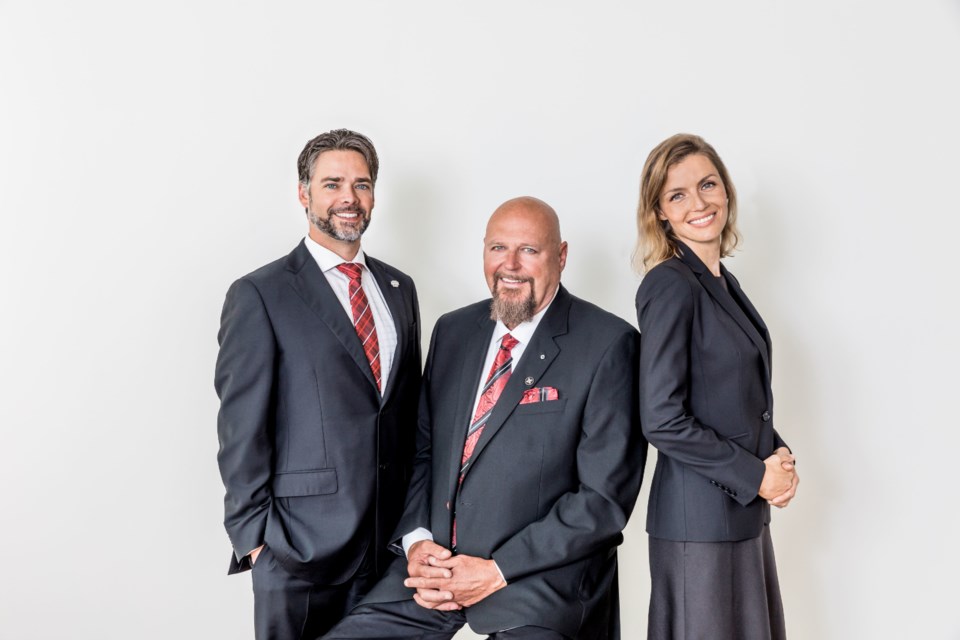On January 1st 2023 Canada implemented a foreign ownership ban on Canadian real estate for 2 years which requires that buyers of residential real estate in Canada must be Canadian citizens or permanent residents. The purpose of this ban is to protect Canada's housing market from foreign real estate speculation and to ensure that Canadian citizens and permanent residents have access to affordable housing.
However, one notable exception is that the ban does not include "recreational" property outside of Canada's populous urban centers. That caveat could mean an even bigger demand for cottage country properties.
“International buyers are going to come here in a wave,” said Max Hahne of Engel & Völkers Toronto Central Collingwood/Owen Sound and co-partner in the McGregor Hahne Group. “They have always been here and buying. It's why Canada is so diversified in the last couple of decades. They still want Canada and the ban will drive them into cottage country like never before.”
Hahne said he’s had many international buyers approach him saying their kids are partly responsible for the consistent interest.
“For example, the kids are in Toronto because they go to university. The kids get invited for weekends to their school friend’s family ski chalet or cottage and that triggers the kids to say to parents, ‘let's get a cottage or chalet of our own. This is the complete Canadian experience, and we love it dad, you and mom will love it too.’"
The foreign ownership ban applies to all residential real estate in Canada, including single-family homes, condominiums, townhouses, and other forms of residential real estate ( with exceptions, see below). It also applies to any property purchased using a loan secured by the property itself, such as a mortgage.
Foreign buyers must provide proof of Canadian citizenship or permanent residency in order to purchase residential real estate in Canada. This proof is usually in the form of a Canadian passport, citizenship card, or permanent residency card. In addition, foreign buyers must provide proof of the source of their funds for the purchase. This is necessary to ensure that the funds used to purchase the property are from legitimate sources.
For foreign buyers who wish to invest in the Canadian real estate market, there are some investment opportunities available.
These include real estate investment trusts (REITs) and syndicated mortgages. REITs are publicly traded companies that allow investors to pool their money and invest in Real Estate. There are some additional exceptions to the legislation for a number of foreigners which include students, refugees, diplomats, those with permanent resident status in Canada and the spouses of Canadian citizens. Also excluded from the ban are multifamily properties of 4 or more dwellings.
The exception ban is based on a Statistics Canada formula of less dense populated areas. In Ontario for example most of the Golden Horseshoe is banned, but places like Muskoka, Collingwood/Blue Mountain and Owen Sound and Grey Counties are exempt.
Non-Canadians breaking the rules could face a fine of up to $10,000 and may be required to sell the property.
“We expect to see more foreign buyers in our area over the next two years as this category of buyer seeks lifestyle and stable economic and political environments,” said Hahne. “Many are not affected by interest rates as they are purchasing with cash reserves and the favourable exchange rates make this part of Ontario a foreign buyers paradise.”
The bottom line is, if you’re looking to sell there will almost certainly be foreign interest, and Hahne says it’s important to work with a company with vast experience dealing with foreign buyers. Foreign Buyers have very different wants, needs and customs that are not readily apparent.
“We are a true International Real Estate Company. We started in Hamburg Germany in 1977 and we have the connections and referral network like no other. We now have a second headquarters in New York city that looks after expansion throughout North America South and Central America and the Caribbean. We get together regularly with our European colleagues to collaborate. We are also trained to teach CIPS ( Certified International Property Specialist ) courses.”
For a free no obligation Foreign Buyer assessment of your property feel free to contact Max Hahne at 705-441-5800 or [email protected]

